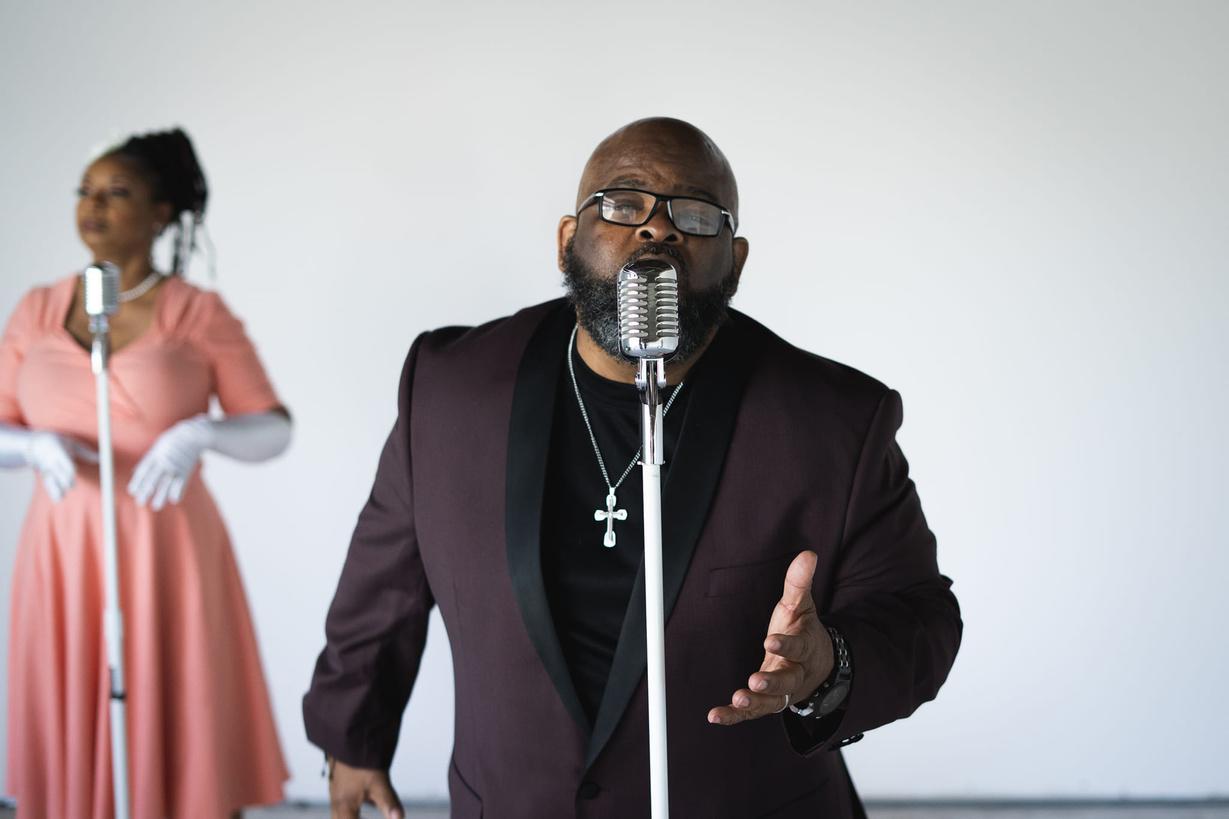
2 minute read
Tatum BeverlyDaniel
Beverly Daniel Tatum, author of Why Are All the Black Kids Sitting Together in the Cafeteria?, shared a key point on the courage we need to educate ourselves and to heal “Educating ourselves and others is an essential step in the process of change. Few of us have been taught to think critically about issues of social injustice. We have been taught not to notice or to accept our present situation as a given, “the way it is.” But we can learn the history we were not taught, we can watch the documentaries we never saw in school, and we can read about the lives of change agents, past and present. We can discover another way. We are surrounded by a “cloud of witnesses” who will give us courage if we let them ”
As we sit in Black History Month, formerly one week, the responsibility to teach ourselves our history is critical to the social, mental, emotional, spiritual, and physical health and survival of African Americans. Ms. Tatum also writes, “Sometimes the assumptions we make about others come not from what we have been told or what we have seen on television or in books, but rather from what we have not been told. The distortion of historical information about people of color leads young people (and older people to) to make assumptions that may go unchallenged for a long time.” For the African American community, the impact of daily racism requires a focused effort by all of us.
Advertisement
In the article by the Centers for Disease Control and Prevention, they reported in their Abstract, “ CDC analyzed data from ABES to measure perceived racism and the extent to which perceptions associated with dem health, and behavio characteristics Me behavioral characte included mental he virtual connection with others outside of school; serious difficulty concentrating, remembering, or making decisions; and feeling close to persons at school Demographic characteristics analyzed included sex, race and ethnicity, and grade. Approximately one third (35.6%) of U.S. high school students reported perceived racism. Perceived racism was highest among Asian (63 9%), Black (55 2%) and multiracial students (54.5%). Students who reported perceived racism had higher prevalence of poor mental health (38.1%); difficulty concentrating, remembering, or making decisions (44 1%) and not feeling close to persons at school (40.7%). Perceived racism was higher among those students who reported poor mental health than those who did not report poor mental health….”


These results highlight the importance of knowing history but also seeking mental health support for the needs of our children and adults. Our ability to survive and thrive, as assaults to our existence continue, must be met with trained secular and faith-based professionals.
The Rev. Dr. Lillian C. Smith serves as Pastor, Cheverly United Methodist Church, a multicultural congregation in Cheverly, MD She is the author of Rooted Again: ReEstablishing Forgotten or Abandoned Connections with God and God's Kingdom Mandate and Words to Live By: Wisdom Keys that Can Change Your Life. She also contributed to numerous publications including: I'm Black. I'm Christian. I'm Methodist.
She writes, “African Americans have long struggled with a stigma related to mental health concerns As a result, many people resisted seeking needed help. God wants you healthy– mind, body, and spirit. Jesus came so that we “would have life and have it more abundantly” (John 10:10).
She says, “Beloved, get the help you need from secular and faithbased mental health professionals.” An option to learn ways to integrate faith and mental well-being, is in BB-CBT (Bible Based Cognitive Behavior Therapy: Using the Bible and CBT to Manage Depression, Fear and Anxiety.) The book’s author is a Licensed Clinical Mental Health Counselor.



Rev Dr Lillian C Smith










